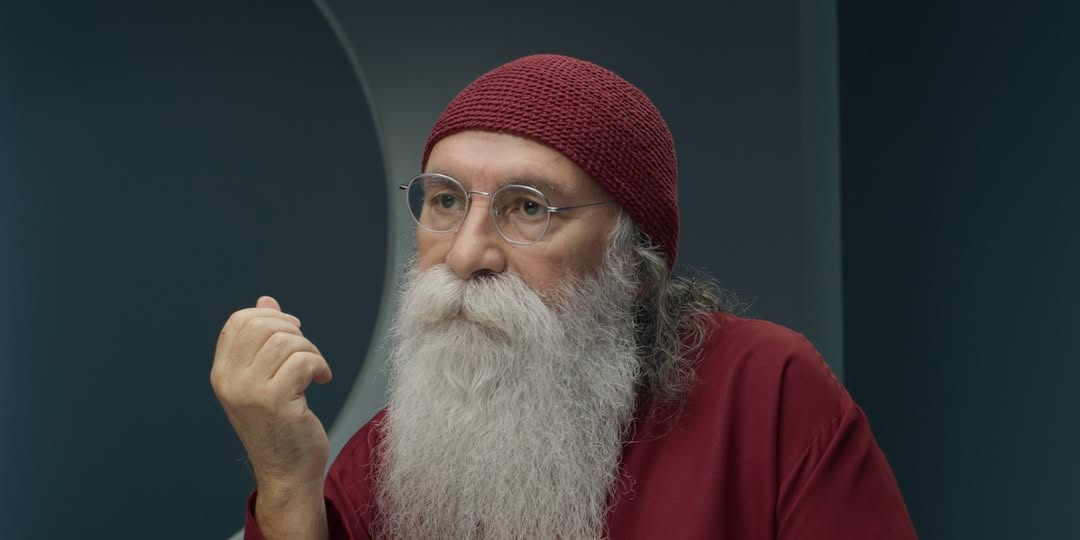“Spiritual life, when experienced authentically, constitutes an inner journey, silent and irreducible to external models. Every genuine search begins in the deepest recesses of the soul, where the voices of social approval and the murmur of established formulas cease. However, it is not uncommon for this original impulse toward inner transformation to be absorbed by the institutional dynamics of religious life in community. Far from fostering freedom of spirit, such environments often impose a normative structure, a codified morality, and a collective identity that dissolves uniqueness in the name of belonging.
The community can offer refuge, guidance, and comfort. But it can also become a system that, under benevolent appearances, stifles individual expression through the repetition of ritual gestures, the subordination of thought, and the suspension of self-judgment. In the name of the sacred, obedience is institutionalized, consciences are standardized, and any questioning that disturbs the tranquility of consensus is marginalized. Simone Weil warns that “thought is not easily welcomed where power reigns,” and power—even religious power—resists what it cannot control. Where authenticity is replaced by fidelity to a form, spiritual life vanishes as a living experience and is preserved only as protocol.
Those who enter a religious environment in search of inner guidance often find themselves subjected to a pedagogy that does not cultivate freedom but reinforces dependence. They are taught to venerate memorized formulas, not to discover the meaning that justifies them. They are required to have faith, but they are not offered a path to understanding. Love is invoked, while any form of thought that has not been previously legitimized is discouraged. In this context, the soul that tries to advance on its own is viewed with suspicion, and the contemplative impulse is replaced by the mechanical repetition of what has been prescribed. Far from being kindled, the inner flame is consumed under the weight of custom.
Not every form of shared life deserves to be discarded. But when the community demands the suspension of personal judgment as proof of virtue, what is formed is not a spiritual consciousness, but a subject functional to the logic of the group. Where rituals are valued more than inner transformation, one ends up revering an empty form, not a living presence. In the words of Kierkegaard:
“The crowd is the lie.”
(Diary, 1851), and it is precisely because it nullifies individual responsibility in the name of undifferentiated belonging.
True spiritual experience does not require external approval, uniformity, or regulatory validation. It can mature in anonymous retreat, in the silence of an ordinary life, or in the lucidity of a consciousness that dares to think without guidance. It does not impose external abstinence as a merit in itself, but demands constant vigilance of the inner world. It does not call for separation from the environment, but rather a transformed gaze that illuminates its meaning. It does not depend on the recognition of a group, but on fidelity to an inner voice that does not always coincide with the dominant voice.
Meister Eckhart expresses it with radical clarity:
“As long as the soul seeks outside itself, it will not find the truth. The truth is found only in the depths of the soul, where God dwells without image.”
This is not an anti-institutional experience, but a demand for ontological depth that cannot be administered collectively. Those who have known the truth at the center of their being understand that this experience cannot be organized, transmitted by decree, or administered as doctrine. It is revealed in the unrepeatable space of intimacy, in the thrill of lucidity, in the solitary decision to live according to what one has understood. And that fidelity, even if it is not celebrated by others, is enough.”
Prabhuji




